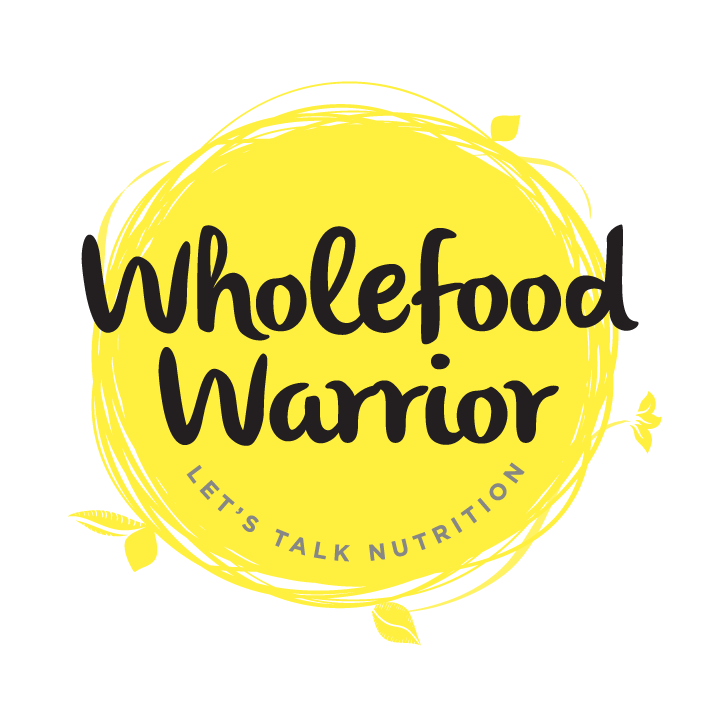A closer look at vegan meat alternatives. Are they really healthier and better for the environment?
Read moreSustainable ways to eat
With increasing marine pollution, intensive farming and the ever declining bee populations there has never been a better time to become a little bit more environmentally conscious.
The world's population is booming, in fact in the past 100 years, we have multiplied at an unprecedented speed and with that natural resources are under increasing pressure.
Our food supply is probably the biggest area of concern owing to the fact that, well, we all want to be able to feed ourselves for basic survival.
No bees = no plants; too much pollution = ill health, you get the gist.
Luckily, there are plenty of ways to remain sustainable and still eat well. Here are a few tips:
Fully plant-based is not the answer
Advanced apologies to my plant-based friends but your eating practices are not as sustainable in the long term as you may think. Even if I steer away from the fact that you have to work pretty hard to obtain a balanced diet and require a number of supplements to stay healthy, there are the little questions of land mass and food miles.
A 2016 US study highlighted veganism as more environmentally friendly than a primarily omnivorous one (bonus points there) but overall vegetarianism or a predominantly plant-based diet with some animal protein were far more sustainable.
Second to this is the small fact that thanks to the British seasons, we can't really grow that many plants year around. So unless you are preserving food grown during the summer (let's be realistic, who has the time?), chances are the majority of vegetables you are consuming in winter have been flown in from far-flung countries. In a nutshell, if your food had a frequent flyer card, it'd likely to rack up more air miles in a year than you would in a lifetime.
The bottom line is more plant-based yes, fully vegan, not so much.
Go locally organic
Irrespective of your dietary preferences, chances are the air miles thing is still an issue but even buying local isn't a guarantee for greater sustainability.
If the local farmer, who's produce you are purchasing, is heavy on the use of chemicals (fertilisers & pesticides), it could potentially have a greater environmental impact than shipping the product from a different country.
The best option is to buy organic or if that is cost prohibitive then speak to the farmer. Many of the smaller farms cannot afford the organic certification but they may also not be able to afford the chemicals, spraying crops only if they really have to.
Locally organic produce will have the odd insect on it and it'll rarely be the standardised pretty produce that the supermarkets got us used to, so whilst we are on the topic, we need to learn to embrace these natural quirks, ugly veg and all.
Even better, if you have a garden or windowsill, why not try growing some of your own?
Sustainable protein
Industrial animal farming has the single largest impact on our environment and that's before we come onto the ethical issues surrounding it. Poultry and pigs are amongst the most intensively farmed with US-style "mega farms" becoming increasingly popular on our shores.
So how can we eat protein sustainably?
1. Pay more for organic or high-quality free-range - yes, it's more expensive and yes that means you won't be able to eat meat every day, but actually, we shouldn't be. Organic farming practices are far more environmentally conscious and ethical plus the latest research points to the fact that eating better quality meat and far less often than we are currently used to is better for overall, long-term health.
2. Consider British shellfish - We are an island nation so it should come as a bit of a no-brainer to look to the water that surrounds us for sustainable food sources but we are missing a trick in a big way. Many of the farmed fish species come with as many environmental issues as factory farming (I urge you to look into salmon farming) and most fishing practices are major contributors to marine plastics and pollution.
On the other hand, bivalves (oysters, mussels and clams) are amongst the most sustainable. Oysters, mussels and clams come with the added environmental advantage of cleaning the water around them. Yes, you are reading that correctly, they filter the water in which they grow, depositing impurities in silt and removing it from the water.
Just ensure you are buying British.
3. Eat more British beans - A few years ago, the East Anglia Food Link asked an important question: Could Norwich feed itself? To cut a very long story short, they figured out the only sustainable way to feed a city with produce grown around it is to introduce more beans to peoples' diets. Beans are a good protein source, grow vertically, therefore, needing less space and they fix nitrogen, meaning they do their share for the environment.
Take a look at Hodmedods for further information.
Choose minimally packaged
The lure of pretty vegetables and fruit perfectly nestled in plastic trays and wrapped in more plastic is all too real but don't be fooled by appearances. Hard plastics take hundreds of years to break down and with current production levels high it's easy to see just how unsustainable it is.
Take away containers, plastic straws and coffee cups aren't much better news.
Let's be realistic, packaging is not something that we can 100% get away from but there are lots that we can all do to reduce our impact. Pick the fruit and veg that aren't in a plastic bag, make your own lunch, grab a reusable cup for your coffee and buy water in glass rather than plastic.
It all adds up.

